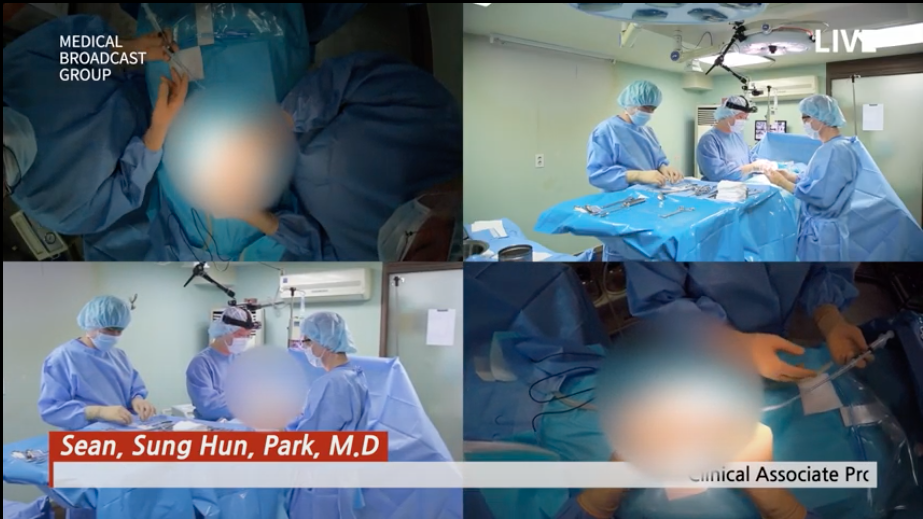"Our findings provide the first steps towards a new mass-screening program for prostate cancer, equivalent to mammogram testing for women," Dr. David Eldred-Evans of Imperial College London told Reuters Health by email.
"The fast MRI, called a Prostagram, has the advantage of passing over the many non-aggressive cancers which don't need to be diagnosed and focusing on the types of cancers which are more likely to shorten life," he added.
Dr. Eldred-Evans and colleagues followed 408 men who were between 50 and 69 years old and of different races. All underwent screening with a prostate-specific antigen (PSA) test, MRI and ultrasonography.
The short-MRI protocol had an acquisition time of about 15 minutes. The MRI and ultrasonography testing results were then interpreted using a validated five-point scale of suspicion with higher numbers indicating greater likelihood of clinically significant prostate cancer.
The proportion of men with positive MRI results (a score of 3 or more) was significantly higher than the proportion with positive PSA test results using a threshold of 3 ng/mL (18% vs. 10%), the team reports in JAMA Oncology.
When the imaging threshold was moved to a score of 4 or more, the proportion with positive MRI results fell to 11%, which was not significantly different than the rate of positive PSA tests.
Compared with PSA alone, MRI using a score of 4 or more led to more men being diagnosed with clinically significant cancer (11 vs. seven), without an increase in those advised to undergo biopsy.
Six cases of clinically insignificant cancers were found by PSA testing, while five cases were diagnosed based on an MRI score of 4 or 5.
"There was no evidence that ultrasonography would have better performance compared with PSA testing alone," the researchers note.
The study was not powered to evaluate differences in detection rates of clinically significant cancer, the team cautions, with more research "needed to definitively prove these differences as a substantially larger paired-cohort study or in a randomized comparative design."
Senior author Dr. Hashim Ahmed, also of Imperial College London, told Reuters Health by email, "Prostagram has the potential to form the basis of a new national screening program for prostate cancer. It has the potential to find more aggressive prostate cancers at the earliest opportunity and gives men the opportunity to be offered less invasive treatments with fewer side effects."
Dr. Susanna I. Lee of Harvard Medical School, in Boston, the co-author of an accompanying editorial, told Reuters Health by email that the "findings clearly point to prostate MRI as a promising screening test that should be incorporated in future prostate cancer screening trials."
She and Dr. Aileen O'Shea, also of Harvard Medical School, conclude their editorial by pointing out that "if successful, prostate MRI will be able to join mammography and low-dose computed tomography of the thorax as an imaging screening test that saves lives and improves the general health of the population."
The study had no commercial funding.
SOURCE: https://bit.ly/3ubbK6g and https://bit.ly/3px7hHi JAMA Oncology, online February 11, 2021.
By David Douglas
Posted on
Previous Article
« Letter from the Editor Next Article
Modern treatment tied to low disease activity in pregnant rheumatoid arthritis patients »
« Letter from the Editor Next Article
Modern treatment tied to low disease activity in pregnant rheumatoid arthritis patients »
Related Articles

May 21, 2019
Live penile implant surgery

© 2024 Medicom Medical Publishers. All rights reserved. Terms and Conditions | Privacy Policy

